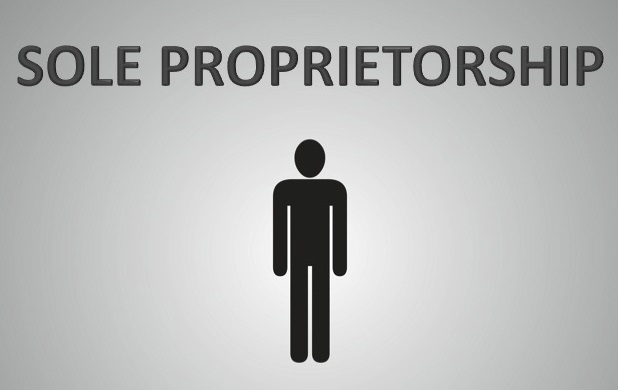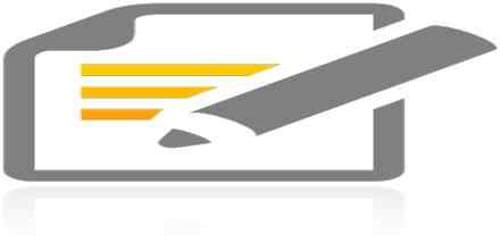The sole proprietorship is a popular business form due to its simplicity, ease of setup, and nominal cost. A sole proprietor need only register his or her name and secure local licenses, and the sole proprietor is ready for business. A distinct disadvantage, however, is that the owner of a sole proprietorship remains personally liable for all the business’s debts. So, if a sole proprietor business runs into financial trouble, creditors can bring lawsuits against the business owner. If such suits are successful, the owner will have to pay the business debts with his or her own money.
The sole proprietorship is the simplest business form under which one can operate a business. The sole proprietorship is not a legal entity.
The advantages of a sole proprietorship include:
- Owners can establish a sole proprietorship instantly, easily and inexpensively.
- Sole proprietorships carry little, if any, ongoing formalities.
- A sole proprietor need not pay unemployment tax on himself or herself (although he or she must pay unemployment tax on employees).
- Owners may freely mix business or personal assets.
The disadvantages of a sole proprietorship include:
- Owners are subject to unlimited personal liability for the debts, losses and liabilities of the business.
- Owners cannot raise capital by selling an interest in the business.
- Sole proprietorships rarely survive the death or incapacity of their owners and so do not retain value.
















